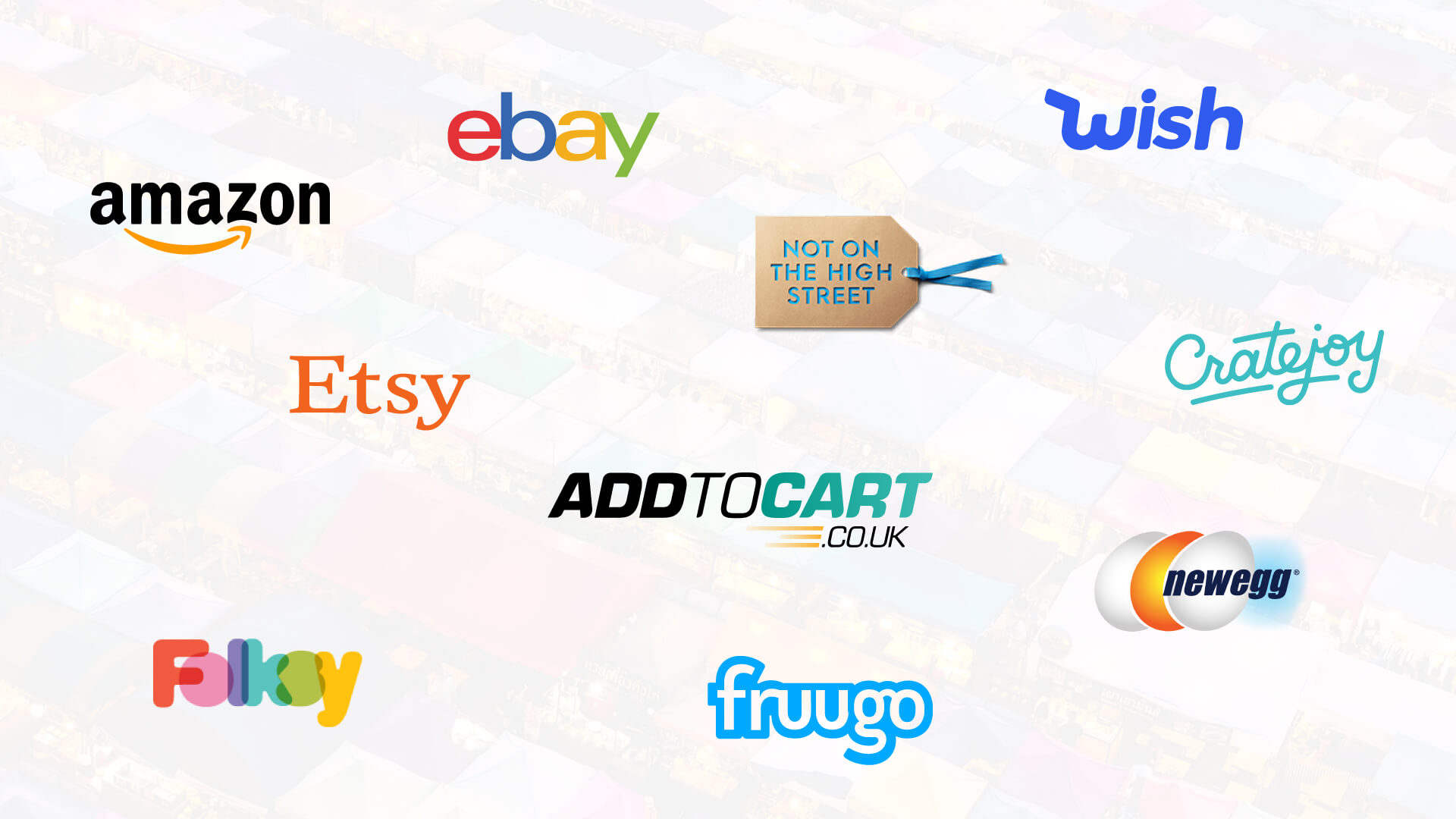These days, we can barely move for social media influencers. From the young, fit and beautiful promoting an almost unattainably healthy lifestyle to picture-perfect families plugging parenting brands, our news feeds are so saturated with aspirational content that it can be difficult to separate the wheat from the chaff. So does this type of marketing really work? And if so, is it right for you?
Essentially, influencer marketing means developing a network of high-profile individuals who are loyal to your brand. In most cases, these influencers are people with a strong online presence, evidenced by a large social media following, a popular blog, or high standing within other communities. Typically, we tend to think of influencers as those with lots of followers on Instagram or Tiktok, but they can also be found across platforms such as YouTube, Twitter, Twitch and more.
Influencer marketing, then, means leveraging the popularity of these individuals to promote and build confidence in your brand. Once you’ve made a connection with an influencer, their side of the relationship involves creating great content about your brand, turning their followers into your customers. And the good news is, it can really deliver some spectacular results. Some companies, in fact, make back triple what they invest in this form of marketing. But you can’t just reach out at random – you’ll need a strategy if you want to see this sort of return.
First, you need to determine if influencer marketing is the right fit for your business. After all, if your customer base is largely older people with low engagement in social media, this might not be the best way to invest your budget. Similarly, if you struggle to build genuine relationships with influencers, you may want to think twice about whether or not this is the correct route for you to follow.
Most modern brands, though, can benefit from influencer marketing – if done right. A good first step is to find influencers who have a real connection to your product. If you choose someone who doesn’t gel with your brand, whatever content they create will look artificial and out of place – a situation that’s far less likely to generate sales.
Of course, picking the right influencer is not just about brand compatibility – you also need to make sure that their reach is suitable for your product. These days, pretty much anyone can claim to be an influencer, but success is more than just a high follower count. Look for people and accounts with regular engagement in the form of likes and comments to maximise the success of your partnership.
Finally, any ongoing influencer marketing campaign should involve ROI, or return on investment, tracking. A good way to do this is to give your partners a unique discount code to share with their followers, allowing you to keep track of how many sales they are directly responsible for. But, of course, a good relationship isn’t just about sales – influencers can help build confidence in your brand as a whole. So, you might want to consider more nuanced methods of ROI tracking that take other factors into account.







